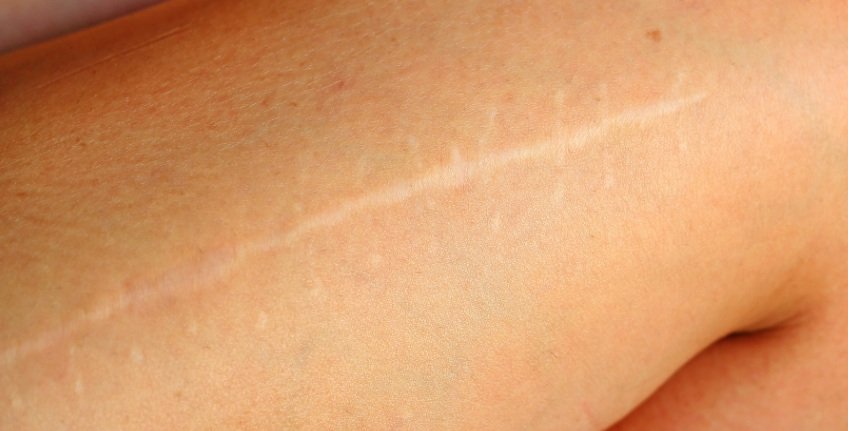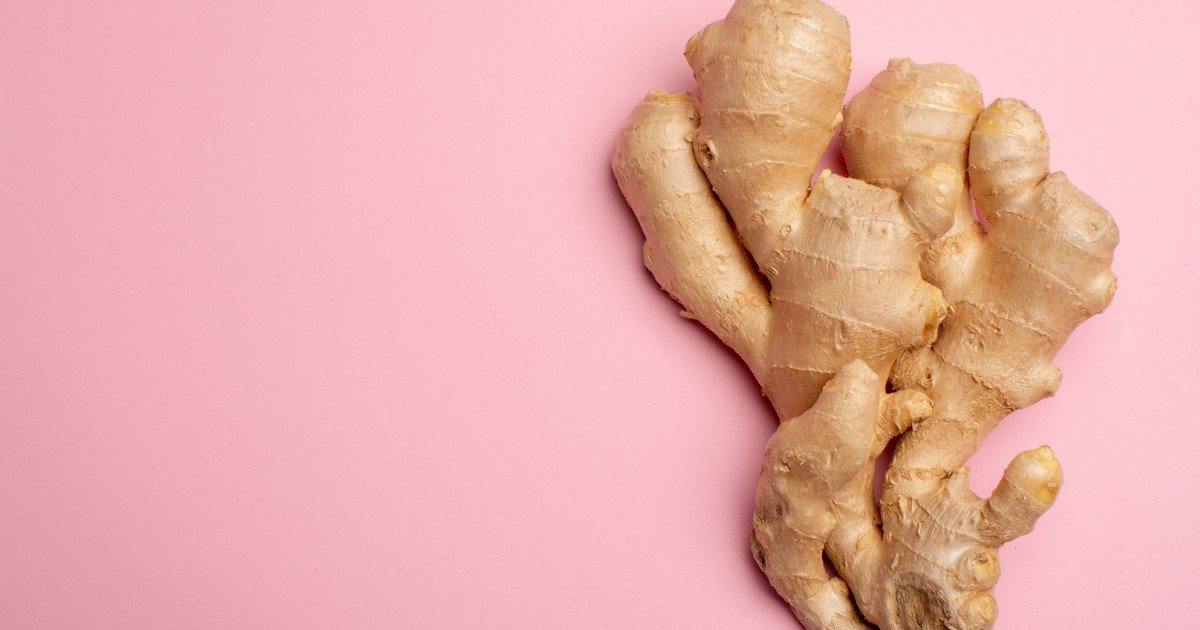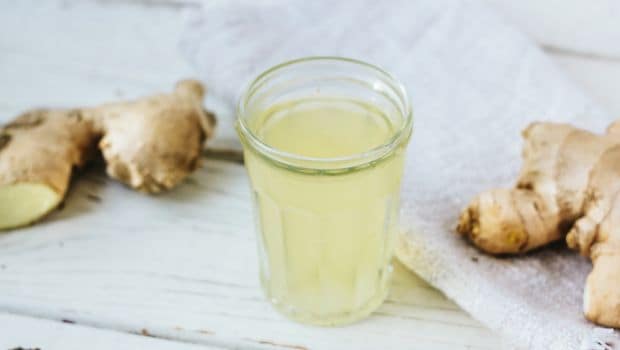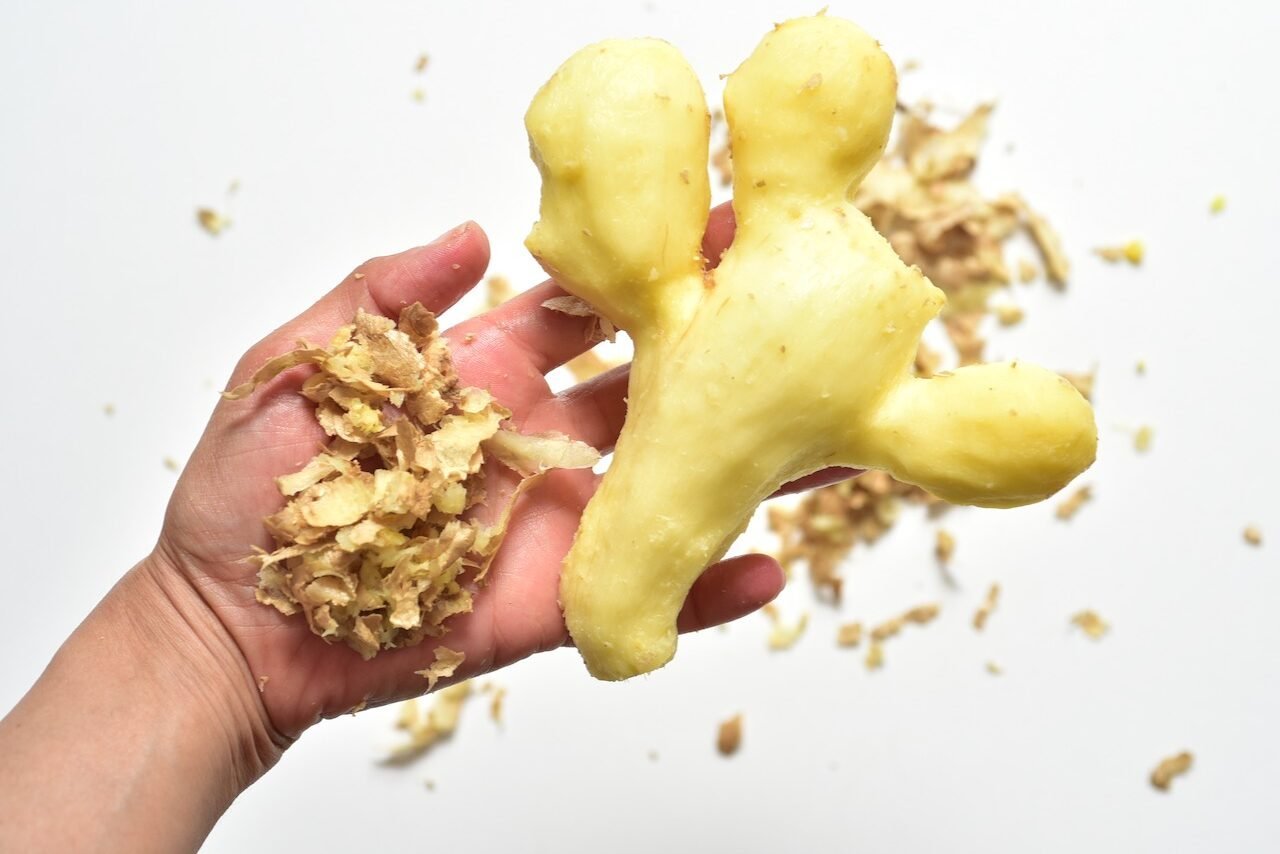Ginger is basically a flowering plant whose roots serve as a spice as well as medicine. People have used it since ancient times, and it acts as a great remedy for nausea, stomach problems and other health issues. It is a storehouse of at least 40 types of antioxidants and has great medicinal properties. It has no side effects and can be used very easily. It even does not require any other element to complete its function; it works all by itself. Several types of research have also proved that Ginger for Hypopigmentation works effectively.
What is Hypopigmentation?
Hypopigmentation, also known as white scars, refers to a common skin problem where there is a loss of natural skin colour. This occurs when there is less production of a pigment in the skin called melanin. The less amount of amino acid tyrosine causes melanocytes to produce fewer amounts of skin cells or melanin. As a result, the skin starts to fade away or get discoloured, also resulting in patches and spots.
Several kinds of injuries, burns, scars or skin infections can cause this type of skin problem, although scars are the dominant cause. Hypopigmentation can be of many types like albinism, vitiligo or tinea versicolor based upon the cause of it occurring. Some types of Hypopigmentation can be deadly as they even lead to skin cancer.

This kind of disease can happen in all skin types. As this is a common skin problem, many trials of a variety of home remedies have been already done. Thankfully, natural remedies have come to the rescue, and Ginger seems to be the best among all. You should consult a doctor before trying natural remedies for this disease. However, experts have suggested that there is no harm in using it.
Why use Ginger for Hypopigmentation?
Although Ginger is used mainly as a spice, it cannot be denied that it has special medicinal properties which help to cure a variety of diseases, including Hypopigmentation. Several studies have proved that using Ginger can effectively help in curbing this disease. Also, its excellent toning properties can help the skin get back its original texture and colour. Its antioxidants help to increase blood flow which further helps scar tissue blend smooth into the skin. It boosts melanin growth and helps the skin get back its natural colour.

How to use it?
Ginger directly works on the damaged cells of the skin and allows melanocytes to again produce melanin in an original way. This helps skin to get back the colour and reduces scars altogether. The disease is quite dangerous if not attended to in a proper way. However, Ginger is universally accepted to be its best remedy, and it can effectively cure it within a short span of time. This is how it should be applied for better results:
Take a slice of freshly cut Ginger and apply it directly to the scar present on the skin. It should be applied in such a way so that the part of the skin affected by the disease gets moistened by ginger juice. A ginger paste can also be used in place of a freshly cut ginger piece, but the latter can produce faster results with no side effects. Ginger paste has the whole Ginger along with skin, and it has small pieces of Ginger as well. This will directly work within the skin, so it is better to use just the ginger juice.

Let the juice sit on your skin for a bit. It will allow the skin to absorb the juice and immediately start its remedy. There is even no need to wash it as it, not a sticky juice, and it is also transparent, just like water. The juice will just naturally make its way into the skin to the affected area and cure it immediately.
Do this twice or thrice a day and use freshly cut Ginger for best results. A noticeable change can be seen in a couple of weeks, and very soon, the skin will be back to its original form. Do not overuse ginger just for the sake of getting faster results. This may cause harm to the skin or damage it permanently.
Things to keep in mind during the process:
- It is completely safe to use Ginger for all skin types but if you feel any kind of disturbance while applying it, make it a note to consult a doctor. Things can have exceptions, and experimentation is not something that should be encouraged.
- The use of Ginger is not harmful, but too much use of it is also not recommended. Your skin requires a certain amount of ginger juice to cure itself. If you keep on applying the juice, it may have adverse effects in the long run.

- Only ginger juice can completely cure the disease. Do not mix it with other ingredients for the best results. Though Ginger is not highly reactive as such, one may never be sure what the end result of mixing it with anything might be.
- Ginger has been one of the most widely used remedies of all times. This is because it can serve a variety of purposes. It can work on the body as a whole, serving the stomach, digestive glands and skin. Another important quality of Ginger is that it has no side effects at all. Thus, people get the confidence to try it for their own problems, and in most cases, it works like magic. Thus, a skin disease like Hypopigmentation needs immediate care and attention.
Experts guarantee that ginger juice effectively curbs this disease permanently. However, if one feels he or she wants prior advice, then consultation with a dermatologist is highly recommended. You can also patch test ginger by applying a little at first and then going on as per the results. This is particularly mandatory for sensitive skin. Overall, it can be said that Ginger works as a powerful remedy for a variety of skin problems, including Hypopigmentation.
Also Read: Onion Facial For Acne, Pigmentation & Dull Skin